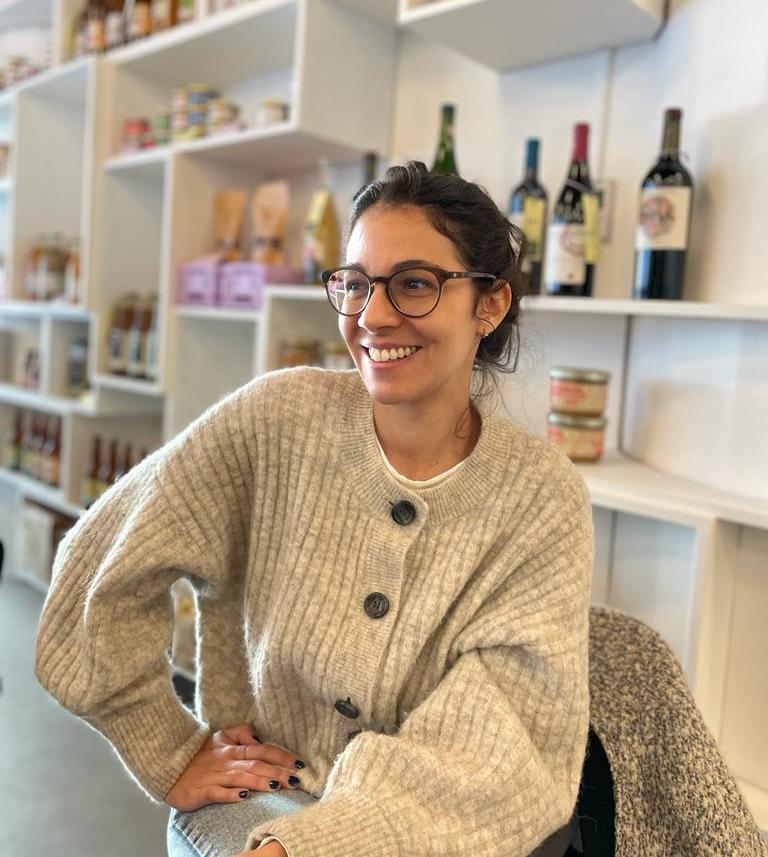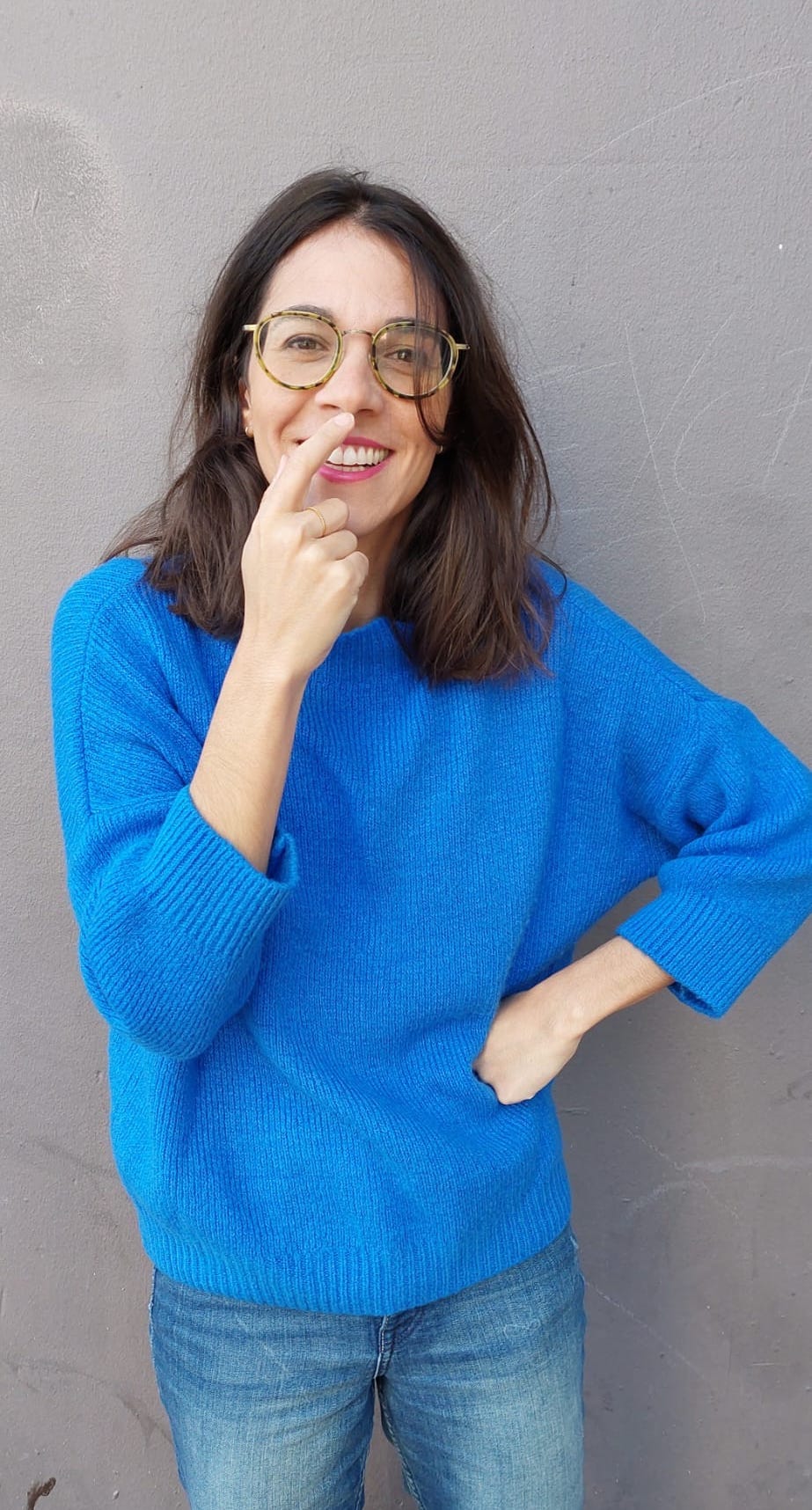After eight years working for the French green coffee importing company Belco, Gabriela Parfait has launched a coffee-focused company called The Good Sourcing.
The new venture is intentionally small, although its ambitions are sizable — to build a community of people motivated by what is best for coffee producers and the environment in which coffee is grown.
“I’m excited about creating a company that stays small,” said Parfait, who is based in Bordeaux, France. “I’ve always had a problem with growing just because you feel you have to.”
Parfait first took a professional interest in green coffee and other internationally traded goods while working on her master’s degree in commodity trading. It was several years after college, during what Parfait described as a transformational phase in her life, that she realized she wanted to pursue a career in coffee.
“I’ve always loved to drink it, and I was born in a region in Brazil that produces coffee, so it was always close to me,” she told DCN. “For me, coffee always had something magical. It’s a beverage that has a layer of poetry to it. It’s almost sensual.”
With The Good Sourcing, Parfait hopes to create a circular community of people who care about each other while appreciating the work that goes into producing and sourcing great coffee. Instead of ignoring aspects of the coffee trade that are sometimes obscured by corporate interests, she wants to shine a light on them.
The Good Sourcing is also interested in advocating for agroforestry systems for coffee growing. Parfait hopes to engage directly with smaller producers and producer groups in order to expand conversations surrounding land use in coffee production. However, she’s hesitant to use the word “sustainability” as a blanket term.
“For my company, I don’t want to use certain words because they don’t mean anything anymore,” Parfait said. “I think there’s a new reflection being born from the main people for whom this really means something, and that will shape how we’ll talk about this tomorrow. When anything becomes mainstream, we need to be very careful.”
Here’s more from DCN’s conversation with Gabriela Parfait…
What about coffee excites you most?
I have always loved the social aspect of it. It’s the small, precious moments you have when you’re having a coffee break with your friends, your family and the people you love. A coffee break can sometimes get you in this quantum space where time and space don’t exist, and you just have the best moments, kind of in a bubble, with someone you like. I had that when I’d take coffee breaks with my grandmother in Brazil. It was our thing because not everyone in my family loves coffee that much. We would end a meal and have a coffee together. Those are some of the most precious moments I have had in life.
What I like most about specialty coffee and this industry is that it’s very dissident. I feel like we forget this sometimes, especially with the normalization of specialty coffee, but the industry was created by people who were daring and had the audacity to change the game in order to bring more power to the roasters and the producers.
What about coffee would you like to change?
If I had a wish to change something, it would be to have an impact on what’s happening between the exporter or the coop and the smaller producers, not only in the sense of whether they are getting a fair price, but also if they have a smaller farm, it should be easier to help them implement a different type of agriculture.
I would hope that if you and your children live on the land, you don’t want to throw a bunch of chemicals on it. I would like to be able to work with communities of small producers so that the revolution comes from them.
What would you be doing if it weren’t for coffee?
I think I could do a lot of things if I was not working in coffee, but I would be working around and for the local economy. I couldn’t work in a big corporation… I could have a bed and breakfast in the middle of the countryside, or develop a local brand that recycles material to create new things.
Questions? Comments? News to share? Contact DCN’s editors here.
Jen Roberts
Jen Roberts is a Paris, France-based writer and avid coffee drinker. She’s currently writing a book on women in coffee.








Comment